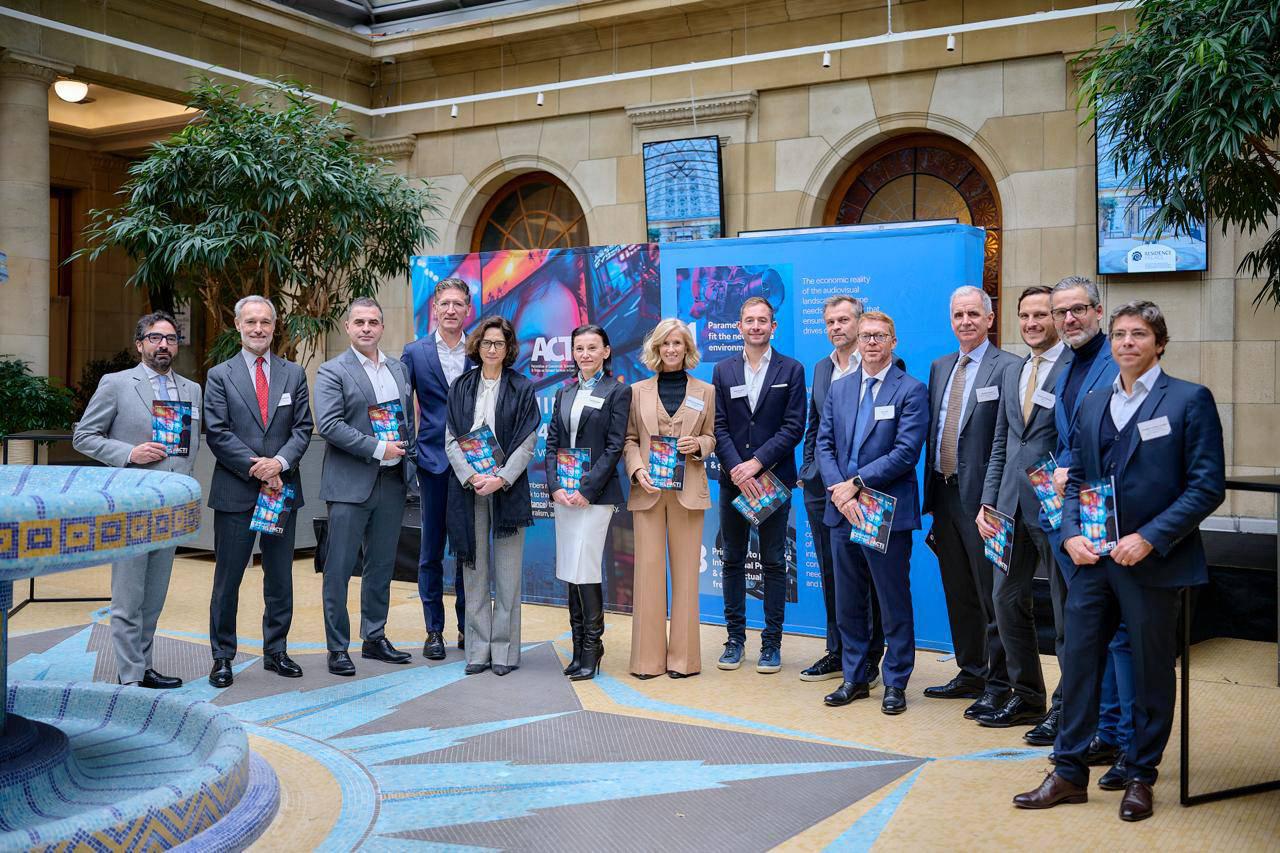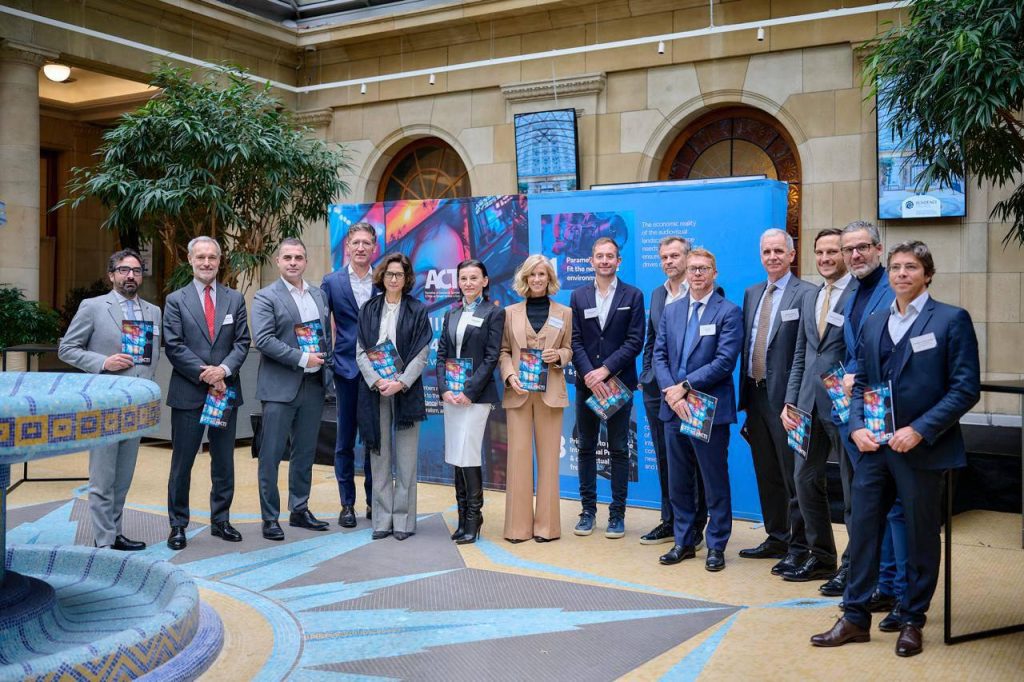
United Media Advocates for Media Freedom, Sustainability and Pluralism at ACT’s Brussels Panel
27th November, 2024
Aleksandra Subotić, CEO of United Media, participated in a panel in Brussels organized by Association of Commercial Television and Video on Demand Services in Europe – ACT. Speaking about the future of media, Subotić emphasized the importance of the European Media Freedom Act (EMFA) while highlighting key challenges that must be addressed to ensure the sustainability and pluralism of the media sector, including the necessity for regulation fit for purpose and reflecting the actual competitive landscape in the modern era.
The event, held on the occasion 35th anniversary of ACT and World TV Day gathered prominent industry leaders, including representatives from RTL, Sky, Disney, AMC, Paramount, Mediaset, European Commission, Atresmedia and many others.
During the panel, titled “Policies That Allow Media to Compete and Grow”, Subotić emphasized the importance of implementing the EMFA effectively and ensuring a level playing field between different media service providers, as well as avoiding needless barriers to commercial sustainability of European media.
She stressed that EMFA grants media service providers the right to conduct their business across the EU without undue restrictions, ensuring that measures affecting media pluralism or editorial independence are justified, proportional, and transparent. She said that it is imperative that European bodies ensure a robust enforcement of the EMFA’s principles of media regulation for potential national measures undermining media pluralism and independence. Some candidate countries, like Serbia, provide ample warning on democratic backsliding via implementing a media ecosystem economically dependent on government intervention and with insufficient regulatory safeguards for freedom of expression.
United Media has also faced national measures in EU countries that impose restrictions on media monetization or add unnecessary regulatory costs. Often, such measures lack clear public interest or proper impact analysis, and instead cater to specific local rent-seeking groups. These examples may range from advertising restrictions, abuse of regulatory procedures, gold-plating quota requirements etc. Simultaneously, global platforms that represent a significant contender to traditional media do not suffer from regulatory intervention to the same extent. Thus, there is a serious risk that gold-plating EU rules on a national level may lead to commercial media unsustainability and a reduction in the pluralism national authorities purport to protect” said Subotić.
She underscored the need for equitable access to data generated by media services and warned against the risks posed by AI models, both from a copyright and quality perspective, underlining as a warning example models trained tabloid media environments, advocating for proactive engagement between media and regulators.
The European audiovisual summit marked the release of the ACT Manifesto 2024–2029, outlining strategic priorities for the TV and VoD industry. Recognizing the pivotal role of audiovisual media in Europe’s economy and society, the Manifesto highlights three guiding pillars for the coming years: adapting to the evolving media landscape, fostering competitiveness while supporting pluralism, and promoting intellectual property and contractual freedom.






